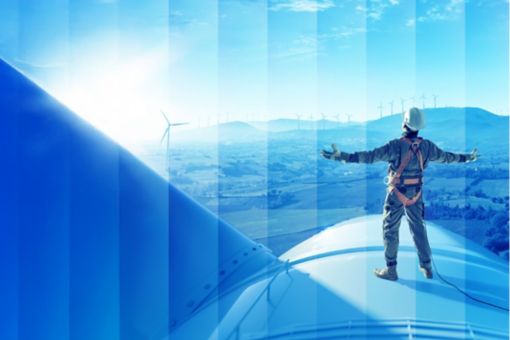Only 4 percent of respondents have an electric, plug-in hybrid, and non-plug-in hybrid vehicle, compared to 6 percent in 2023.
Less than half (44 percent) of Irish adults say they definitely would not switch to an electric vehicle in the next five years, up from a third in 2023.
Openness to plug-in hybrids (38 percent) and non-plug-in hybrids (32 percent) also remains low, with many indicating no intention of transitioning to electric or hybrid vehicles. Among younger consumers aged 18-34, 3 in 10 would consider purchasing an EV, compared to just 1 in 10 of those over 45, highlighting a generational divide in attitudes toward electric vehicle adoption.
Cost considerations
Cost remains the most significant barrier for all three vehicle types - electric, plug-in hybrid, and non-plug-in hybrid. This year, 57 percent cited price as their primary reason for not switching, an increase from half in 2023.
Other barriers include concerns about the driving range of EVs (7 percent), concerns about new technologies (5 percent), lack of charging points (4 percent) and uncertainty about cost savings (4 percent). These findings underline the financial and practical hurdles consumers perceive in transitioning to electric vehicles.
Despite these challenges, the research findings offer a glimmer of hope for the electric vehicle market with 12 percent expressing a strong interest in switching to one of the three electric vehicle types.
The road to EV adoption
Figures from The Society of the Irish Motor Industry (SIMI) report that 17,459 new electric cars were registered in 2024, a decrease of 24 percent in the registrations seen the previous year. Petrol remained the most popular engine type in 2024 at 31 percent, followed by diesel at 23 percent, hybrid at 21 percent, electric at 15 percent and plug-in hybrid at 10 percent.
Reducing the EV grant from 鈧�5,000 to 鈧�3,500 in mid-2023 added pressure on EV adoption rates seen in 2024. While comparing sales on a year-on-year basis looks poor for EV sales in 2024, we must zoom out and take a wider view of the progress made.
For example, in January last year Ireland sold more EVs than in the entire year of 2019. This trend is continuing with figures from SIMI showing that EV sales had a recordbreaking month in January 2025. A total of 4,925 EVs were registered in January 2025, a 20 percent increase when compared to the 4,093 EVs registered the same month last year.
The UK experienced a record year of EV sales with a 20 percent market share, across the European Union approx. A quarter of new car sales EVs in 2024 and in China half of their new car market is electric or plug in hybrid.
With multiple new affordable EV models launching in Ireland, 2025 is predicted to be a strong year for EV sales in Ireland.
Community engagement
The road to widespread EV adoption is fraught with challenges, including cost, charging infrastructure and uncertainties about cost savings.
Emma O鈥橠riscoll, Audit Partner at 乐鱼(Leyu)体育官网, emphasises the importance of community engagement, stating, 鈥淚rish citizens will be pivotal in our energy transition. Informing communities about EV benefits, addressing misconceptions, and ensuring accessible infrastructure are essential to achieving our net zero goals. The SEAI estimate drivers can save between 50 and 60 percent on fuel costs, if they switch from petrol to electric vehicles. These long-term savings need to be communicated more effectively to consumers.鈥�
Recent data from the Environmental Protection Agency indicates that Ireland is projected to achieve a 29 percent reduction in total greenhouse gas emissions by 2030, well below the 51 percent target. This shortfall underscores the urgent need for collaborative action across all sectors.
Expanding Ireland鈥檚 charging infrastructure, offering targeted incentives, and improving consumer awareness are critical steps toward meeting these goals.
By addressing these barriers head-on and fostering collaboration between government, businesses, and communities, Ireland can accelerate the transition to a greener and more sustainable future on its roads. Building public trust and demonstrating the tangible benefits of EV adoption will be key to turning interest into action.
Informing communities about EV benefits, addressing misconceptions, and ensuring accessible infrastructure are essential to achieving our net zero goals.

Get in touch
Our Powering Tomorrow report shows that there is real support for the right large-scale energy projects in Ireland.
If you have any queries about how your business could seize this opportunity, please contact Colm O'Neill of our Energy, Utilities and Telecoms practice. We'd be delighted to hear from you.


